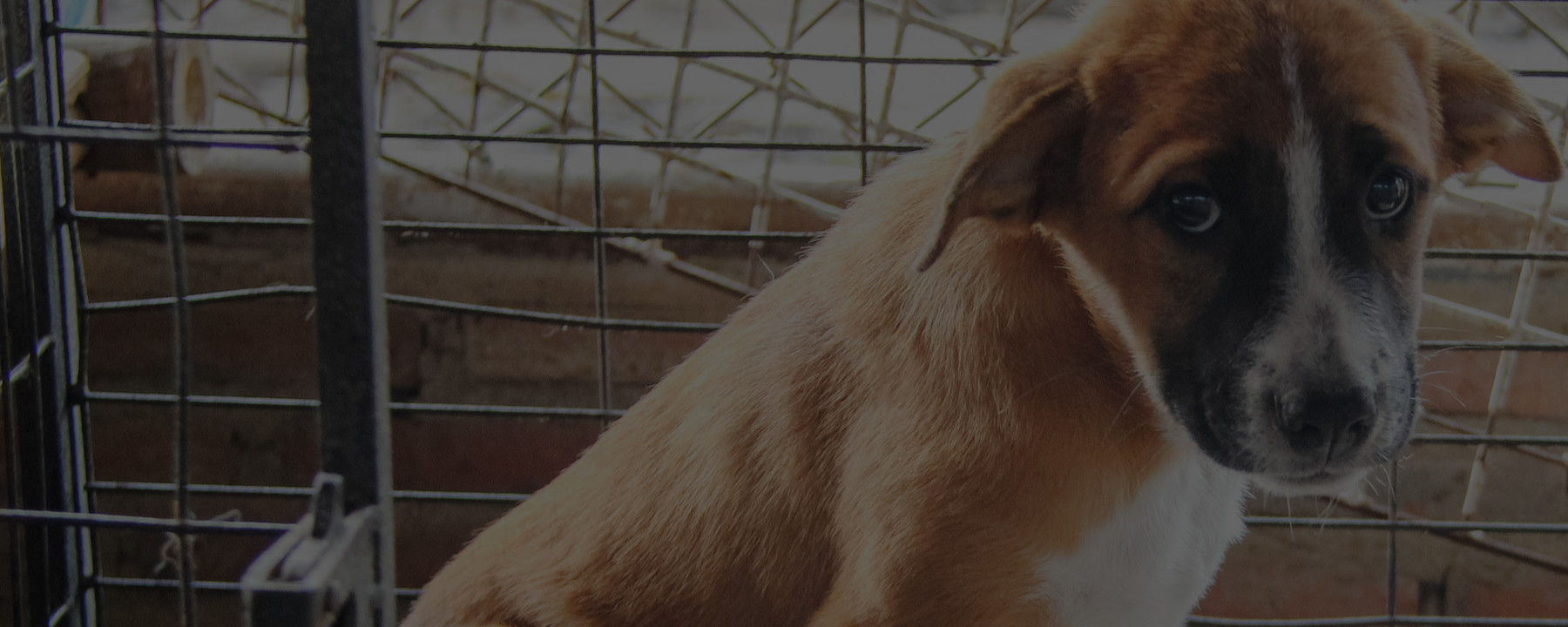Groomers know how to care for a wide range of different temperaments. Puppies need special care that is different from the way a senior dog needs to be looked after, and when it comes to newly rescued dogs, even more care and consideration is needed.
Being mindful of temperament, stress levels, and health issues is paramount when working with a newly rescued pup, and this care will be noticed by the owner! Read on for the complete guide on how to groom rescue dogs.
Get to know your client
Certified dog groomers love to get to know both their furry clients and their owners. Your main focus may be on your four-legged friends and their needs, but getting to know their owners is the best way to truly understand their personalities. In the case of rescued dogs, don’t even begin a groom without first consulting with the dog’s owner.

You’ll need to understand what kind of situation their dog was previously in, specifically if they were abused, malnourished, or left on their own for long periods of time – and especially if they have any illnesses or diseases that are currently being treated.
Before grooming any dog, rescued or not, it is extremely important to spend a few moments assessing the animal. This will allow you to determine if there are skin conditions, issues with the eyes and ears, or even potential tooth decay. When a newly rescued dog enters your grooming salon, this ritual becomes even more vital to the grooming experience as it gives you a chance to understand the dog’s temperament and general health.
Pay attention to what the dog’s owner tells you about his current state and watch how the owner interacts with the dog. Adopt the same tone of voice and mannerisms as the owner to help them feel more comfortable around you. If they’ve become comfortable with their owner in a short period of time, they should get used to you in time.

Pro tip: When meeting a new rescue for the first time as a groomer, everything will be frightening for them. However, as you complete the groom, advise the owner to begin brushing the dog at home. This will strengthen their own bond as the dog will come to trust them, and it will also get the dog used to being brushed. This will make their time in your grooming salon all the more pleasant!
Eliminate stress
We know this is a tall order, but hear us out. Dog grooming salons are innately stressful environments for dogs – the animals are being restrained, examined, bathed and brushed. A well-adjusted dog without any history of abuse or malnourishment will be slightly stressed in your grooming salon, but a dog who has recently been removed from a potentially harmful situation will be anxious or even destructive.

While you can’t change the grooming process itself, there are some shifts you can make in your grooming salon that will help a rescued dog feel safe and calm. Number one on the list is keeping yourself calm throughout the grooming process. Dogs, especially those on high alert for behavior, can pick up on your anxiety through body language, tone, and touch. The more relaxed and confident you are throughout the appointment, the easier the task will be for both of you!
Protect yourself
Your dog groomer training prepared you for tough situations, but ultimately, you should never groom a dog that you perceive to be acting out. Newly rescued dogs need a great deal of care when being groomed, but you should never put yourself in a dangerous situation as a dog groomer.
If a dog was previously abused, or lived in an environment where he was regularly fighting, it will likely have a protective temperament. This is a dog’s way of anticipating danger and protecting himself. If you have concerns that the dog you’re grooming may bite you, these need to be expressed to the owner as soon as possible. Some dogs should not be coming to a grooming studio at all, and your client should be aware of this.
Use your best judgment in this situation, but know that there is never an excuse for putting yourself, your clients, your co-workers, or even the dogs themselves at risk.

Be patient
Just as the world is full of different people, grooming salons will always be full of different dogs! Consider yourself lucky to have the opportunity to work with so many different breeds, temperaments, and ages of dogs. This is excellent experience for your dog grooming career, and you will meet a large number of rescues who are all going to have unique personalities and quirks.
Knowing how to put these dogs at ease, cater to their needs, and make the tough decision of not putting yourself (or the dog) in danger is invaluable to your career as a groomer. Being patient and taking the time to get to know the dog and their owner will pay off in huge ways. You’ll be regarded as a professional groomer that clients can trust to handle any challenge.
Safety always comes first when grooming dogs, so find out how a dog grooming course can prepare you for the unexpected!



